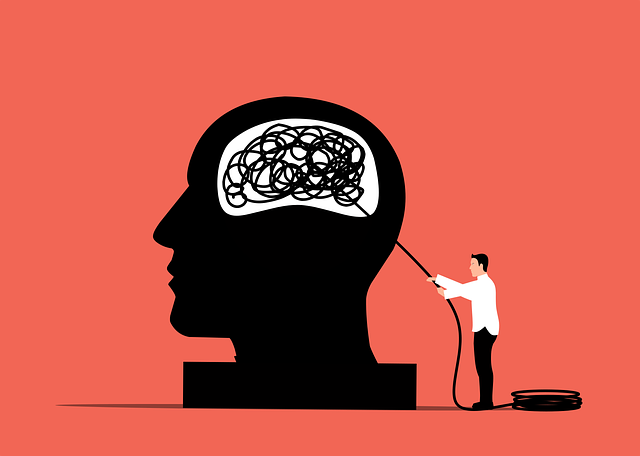Anxiety disorders, driven by genetic and environmental factors or past trauma, significantly impact daily life through avoidance behaviors. Effective anxiety treatment includes specialized therapies like Cognitive Behavioral Therapy (CBT), which targets negative thought patterns, and Exposure Therapy, systematically exposing individuals to feared scenarios. Mindfulness techniques, medication (SSRIs), and alternative approaches such as EMDR, holistic practices, art therapy, and animal-assisted therapy also play crucial roles in managing symptoms. By addressing root causes and employing tailored strategies, anxiety treatment can greatly reduce symptoms, improve quality of life, and empower individuals to regain control over their mental well-being.
“Unraveling Phobia-Specific Anxiety Disorders: A Comprehensive Guide to Effective Treatments. In this article, we explore tailored strategies to combat intense fears and anxieties that significantly impact daily life. From evidence-based therapies like Cognitive Behavioral Therapy (CBT) and Exposure Therapy, to holistic approaches such as mindfulness and medication, discover a multitude of anxiety treatment options. We delve into personalized care, highlighting the importance of individual needs in managing phobia-specific disorders. Enhance your understanding of these effective methods for conquering anxiety.”
Understanding Phobia-Specific Anxiety Disorders
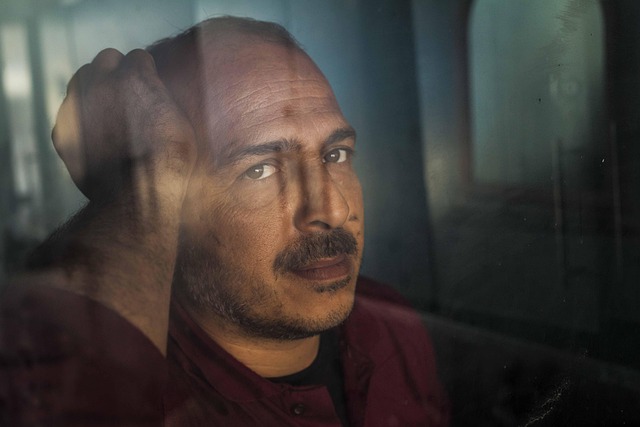
Phobia-specific anxiety disorders are a group of conditions where an individual experiences intense and persistent fear or anxiety related to a particular object, situation, or activity. This can significantly impact daily life, often causing individuals to avoid situations that trigger their phobias, leading to avoidance behaviors and a reduced quality of life. The root causes of these disorders vary widely, from genetic predispositions to environmental factors and past traumatic experiences.
Effective anxiety treatment for phobia-specific disorders typically involves specialized therapies such as exposure therapy and cognitive behavioral therapy (CBT). Exposure therapy gradually exposes individuals to their feared stimuli in a safe environment, helping them learn coping mechanisms and reduce the intensity of their anxiety response over time. CBT focuses on identifying and changing negative thought patterns associated with the phobia, providing tools for managing anxiety symptoms. These evidence-based approaches have shown remarkable success in helping people overcome their phobias and regain control over their lives.
Cognitive Behavioral Therapy (CBT): A Popular Approach

Cognitive Behavioral Therapy (CBT) is a widely recognized and effective approach to managing specific phobias and related anxiety disorders. This therapy focuses on identifying and changing negative thought patterns and behaviors that contribute to fear and anxiety. By challenging and modifying these thoughts, CBT enables individuals to confront their fears in a safe and controlled environment, reducing the intensity of their anxiety responses over time.
The process involves collaborative work between the therapist and the individual, where they together explore the root causes of the phobia, often uncovering unhelpful cognitive distortions. Through structured techniques, such as exposure therapy, patients are gradually exposed to the feared object or situation, helping them gain a new perspective and learn coping strategies. CBT has shown remarkable success in treating various phobias, offering long-lasting results for many individuals seeking anxiety treatment.
Exposure Therapy: Facing Fears Head-On
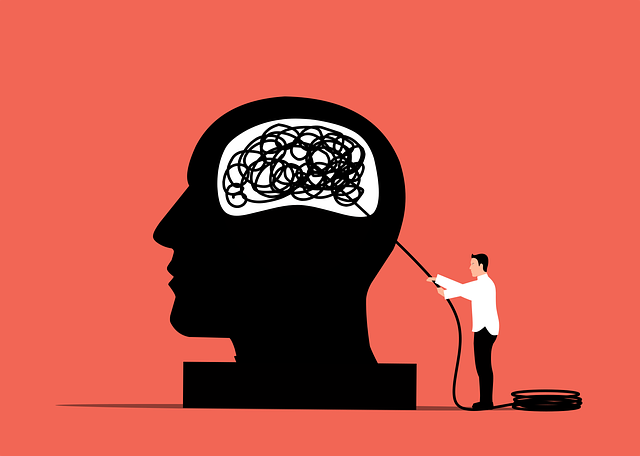
Exposure therapy is a powerful tool in the arsenal of anxiety treatments, particularly for individuals grappling with specific phobias. This innovative approach involves gradually and carefully exposing the individual to the fear or situation they avoid, helping them confront their fears head-on. By facing their anxieties in a controlled environment, patients can learn to manage their responses and realize that their feared outcomes are unlikely to occur.
The process begins with identifying specific triggers and tailoring a treatment plan accordingly. A therapist will guide the patient through a series of steps, starting from the least anxiety-provoking scenario and gradually increasing difficulty. This systematic desensitization allows individuals to build confidence and resilience, eventually reducing their avoidance behaviors and overall anxiety levels.
Mindfulness and Relaxation Techniques
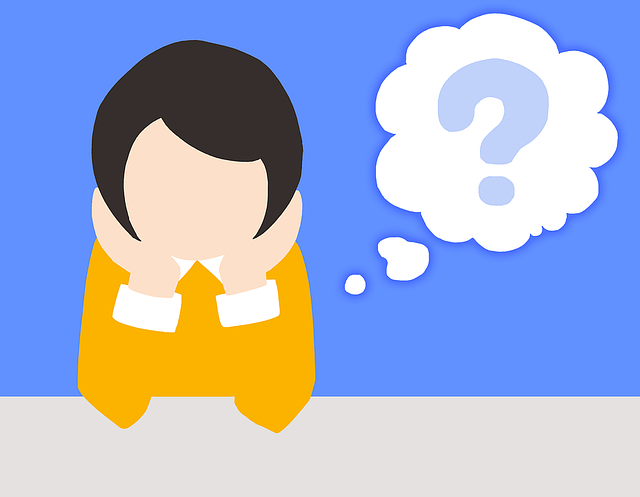
Mindfulness and relaxation techniques have emerged as powerful tools in the arsenal of anxiety treatments. These practices encourage individuals to focus on the present moment, acknowledging and accepting their feelings without judgment. By cultivating awareness of one’s thoughts and bodily sensations, individuals can learn to disengage from anxious ruminations and reduce physical tension associated with stress.
Techniques such as deep breathing exercises, progressive muscle relaxation, and guided meditation help calm the mind and body, fostering a sense of tranquility. Regularly incorporating these mindfulness practices into daily routines can empower individuals to better manage their anxiety symptoms, enabling them to face their fears with greater resilience and composure.
Medication: Chemical Solutions for Anxiety
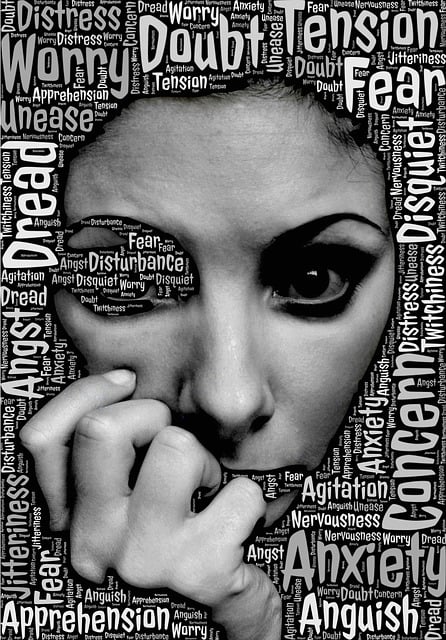
Medication plays a significant role in managing and treating anxiety, offering chemical solutions that can effectively alleviate symptoms. Selective serotonin reuptake inhibitors (SSRIs) are commonly prescribed for phobia-specific anxiety. These medications work by increasing the levels of serotonin, a neurotransmitter associated with mood regulation, in the brain. By blocking the reabsorption of serotonin, SSRIs enhance its availability, leading to improved mood and reduced anxiety.
Other types of medication, such as benzodiazepines, are also used for short-term relief. While they can provide rapid calming effects, their long-term use is discouraged due to potential dependence and withdrawal symptoms. The choice of medication depends on the severity of the phobia and individual responses. Combining medication with therapy often yields better results in managing specific anxiety disorders effectively.
Alternative Therapies: Exploring Complementary Options
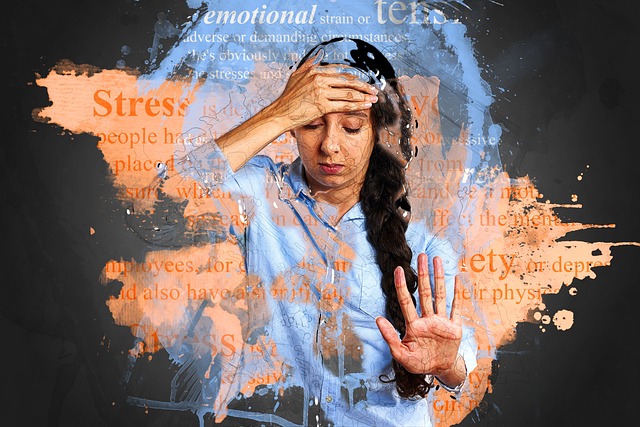
In addition to traditional therapy and medication, there are several alternative therapies that can be effective in managing phobia-specific anxiety. Techniques like cognitive behavioral therapy (CBT), exposure therapy, and eye movement desensitization and reprocessing (EMDR) have shown significant promise in treating specific fears and phobias.
Complementary options include holistic approaches such as mindfulness meditation, yoga, and acupuncture. These practices promote relaxation, stress reduction, and mental clarity, which can enhance the effectiveness of other anxiety treatments. Additionally, alternative therapies like art therapy or animal-assisted therapy offer unique ways to process emotions and confront fears in a non-traditional setting, providing individuals with diverse tools to manage their phobia-related anxiety effectively.
Personalized Treatment Plans: Tailoring Care to Individual Needs
